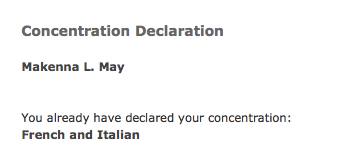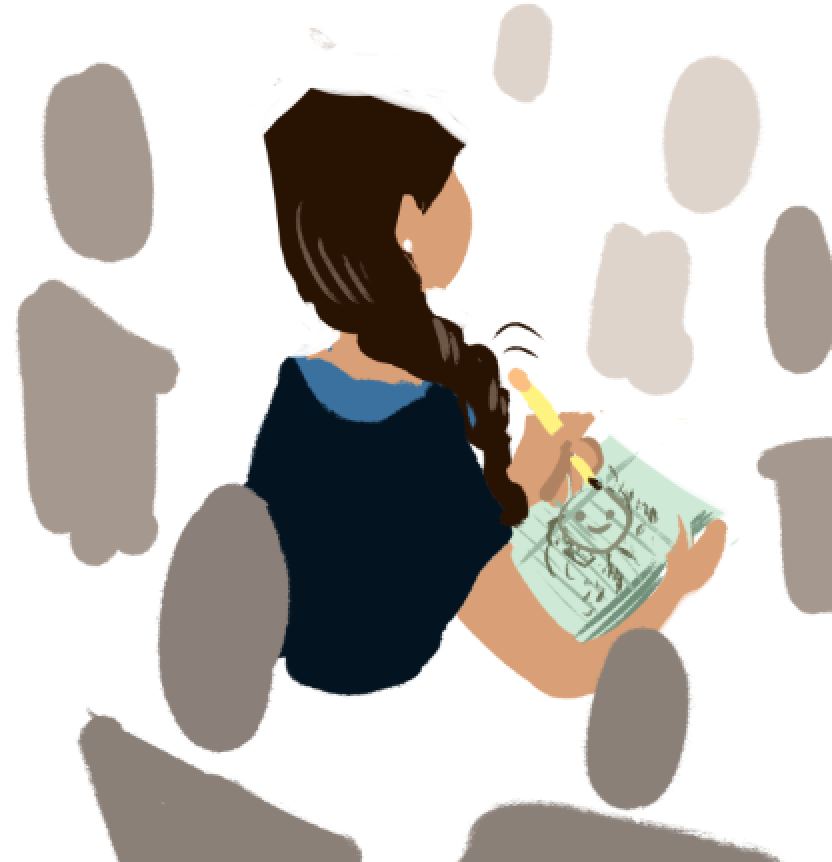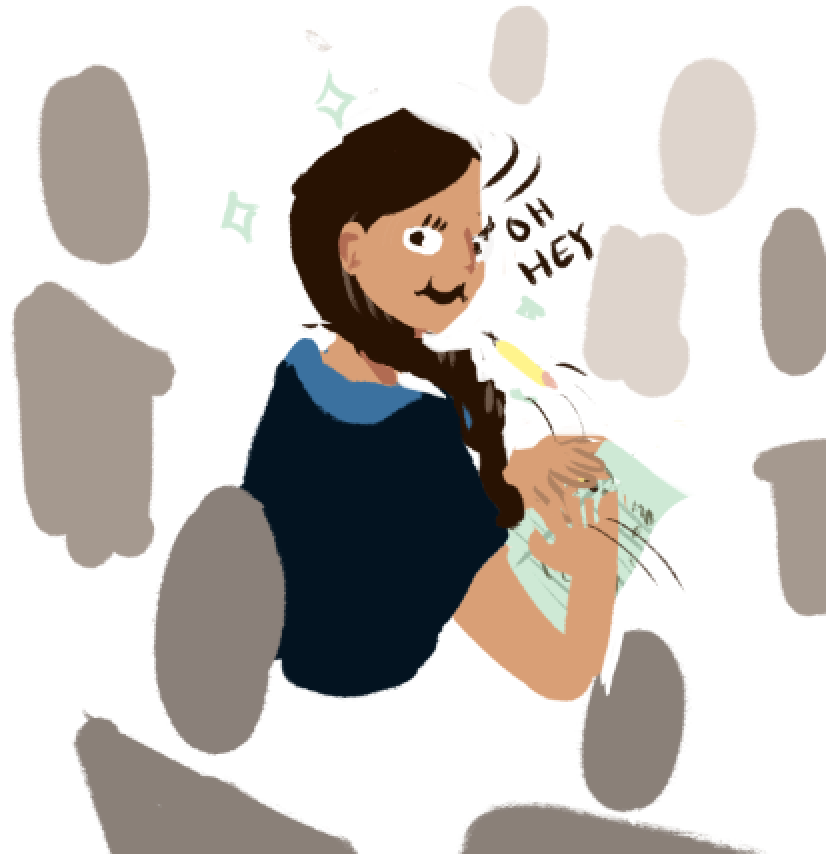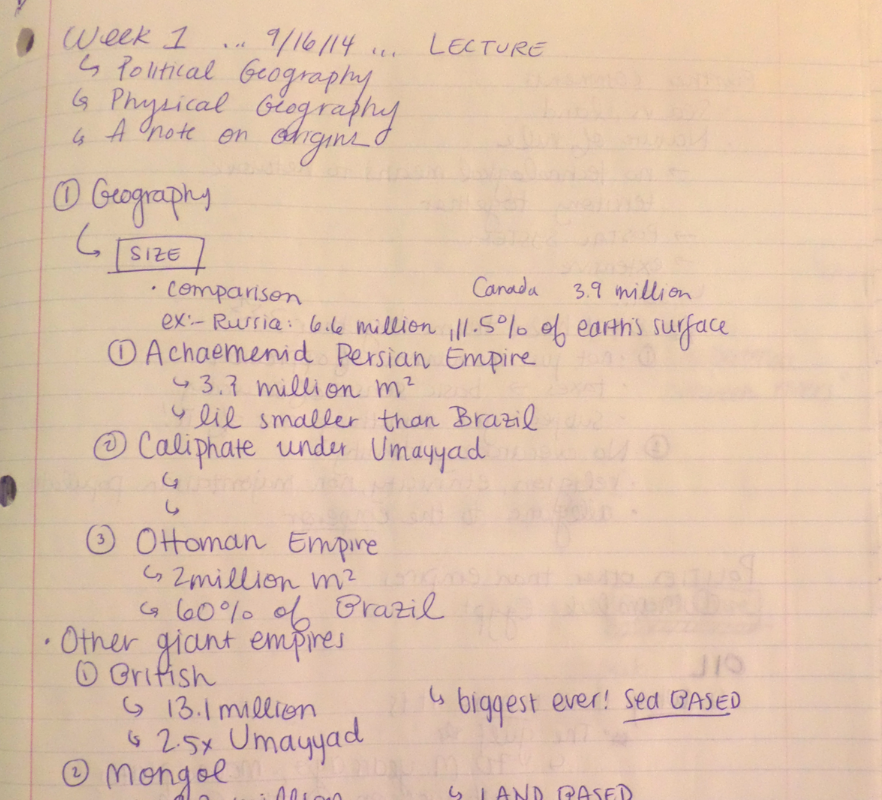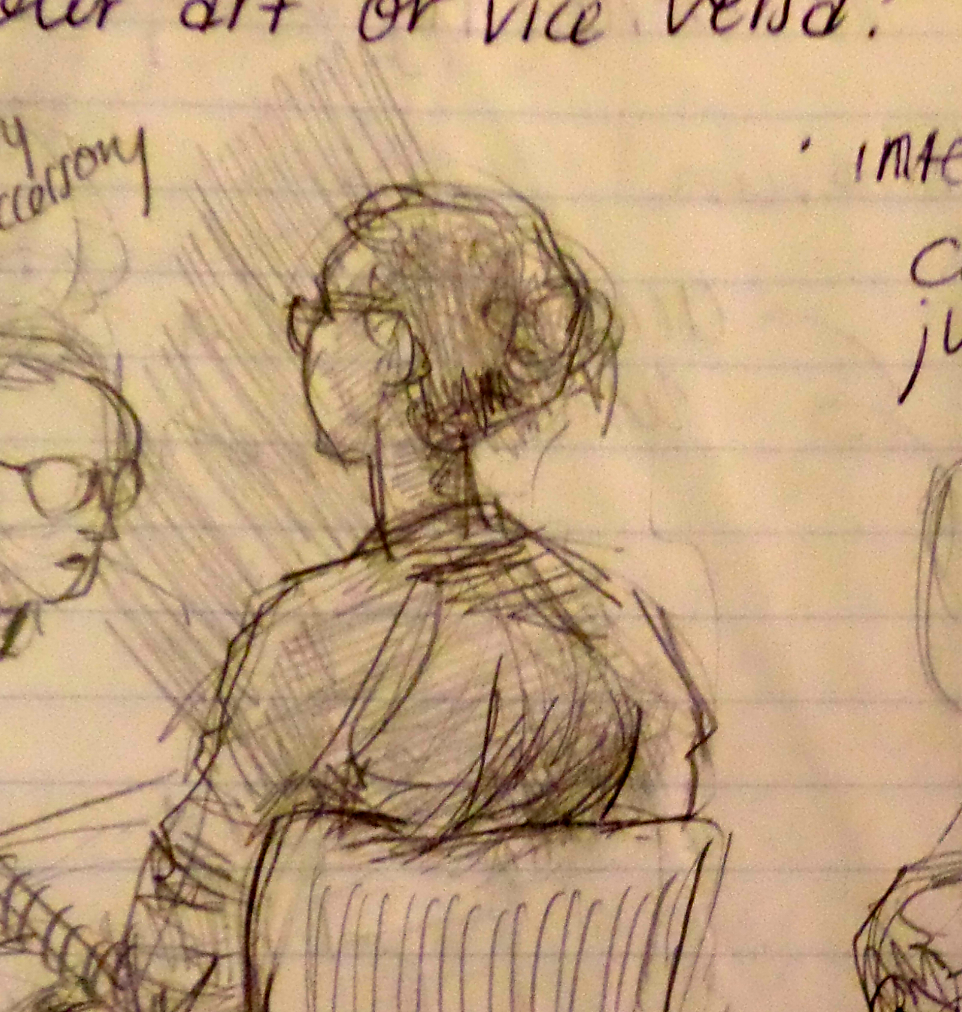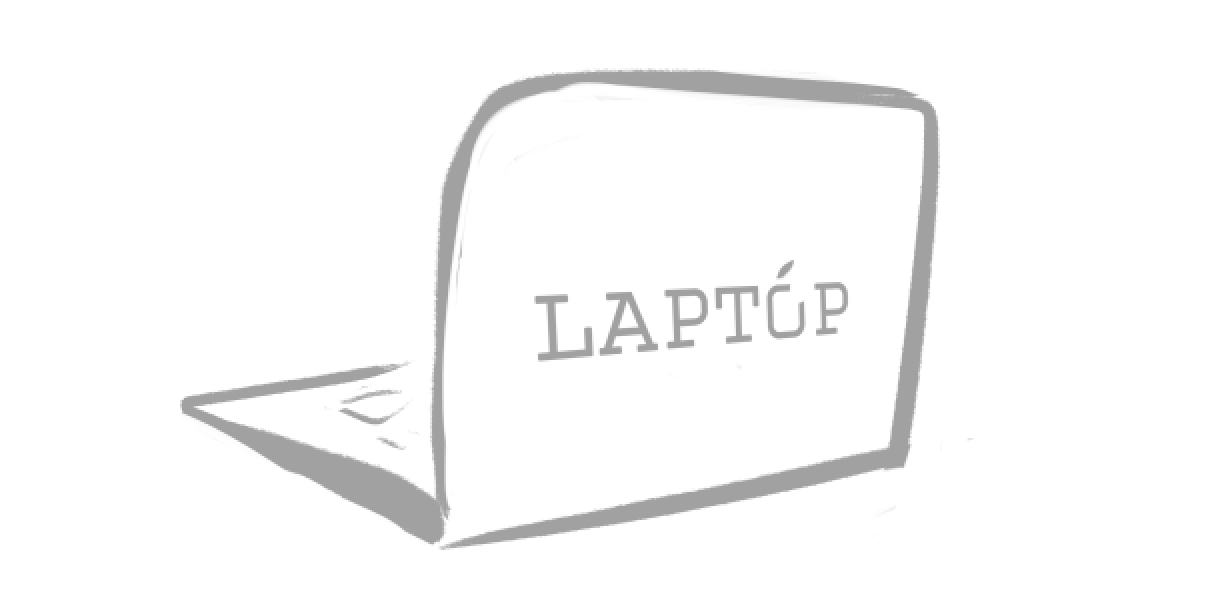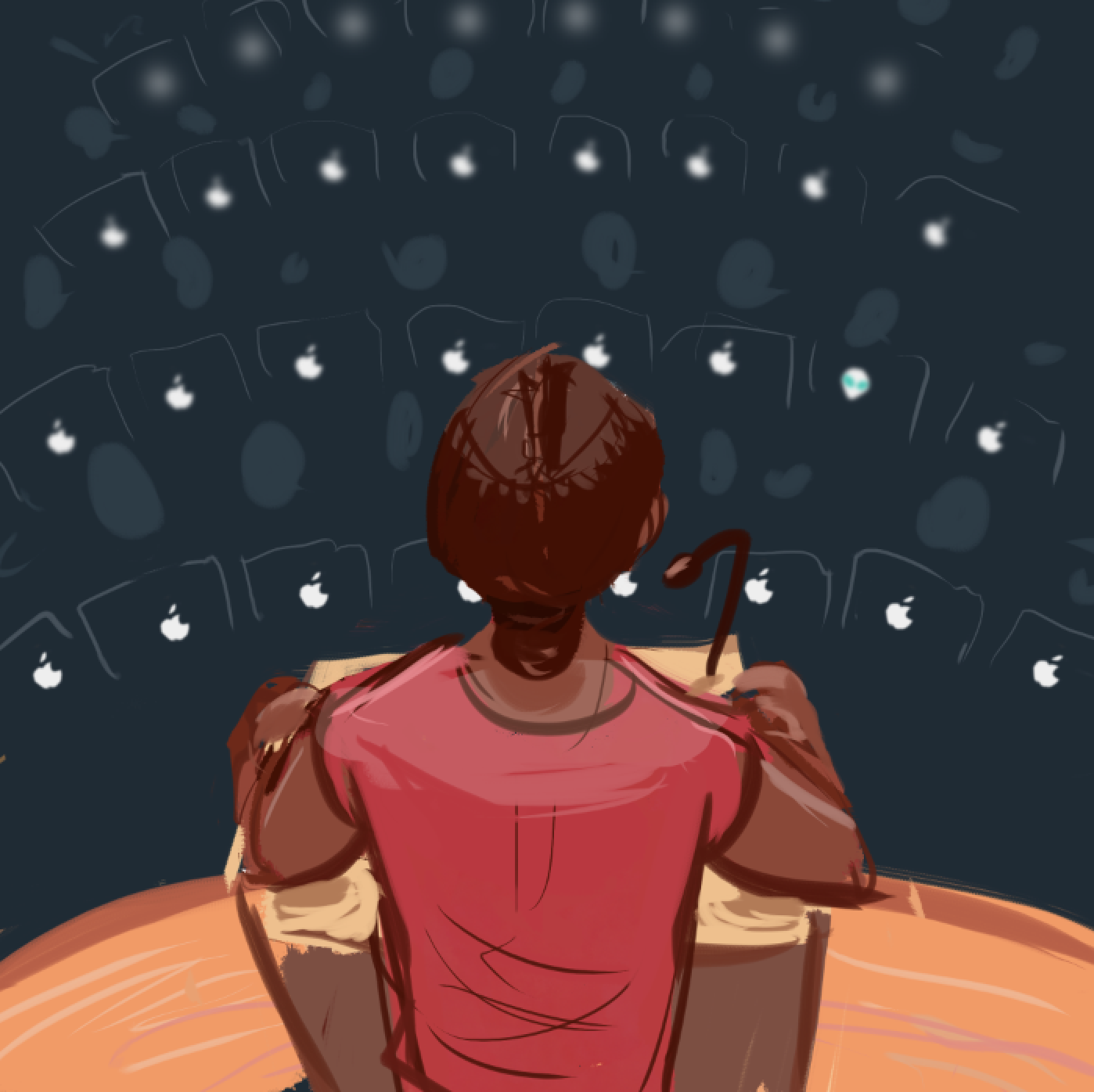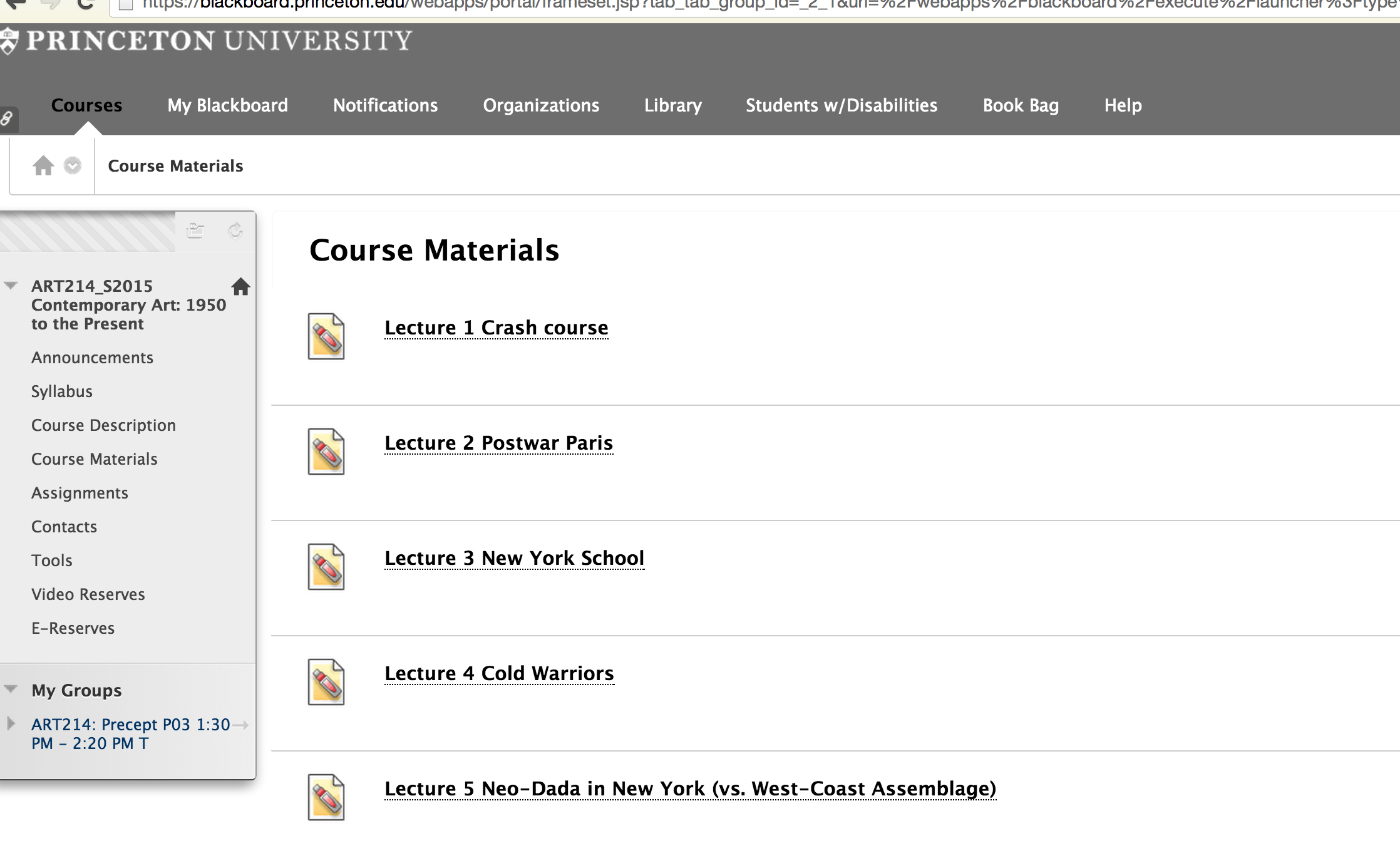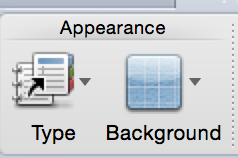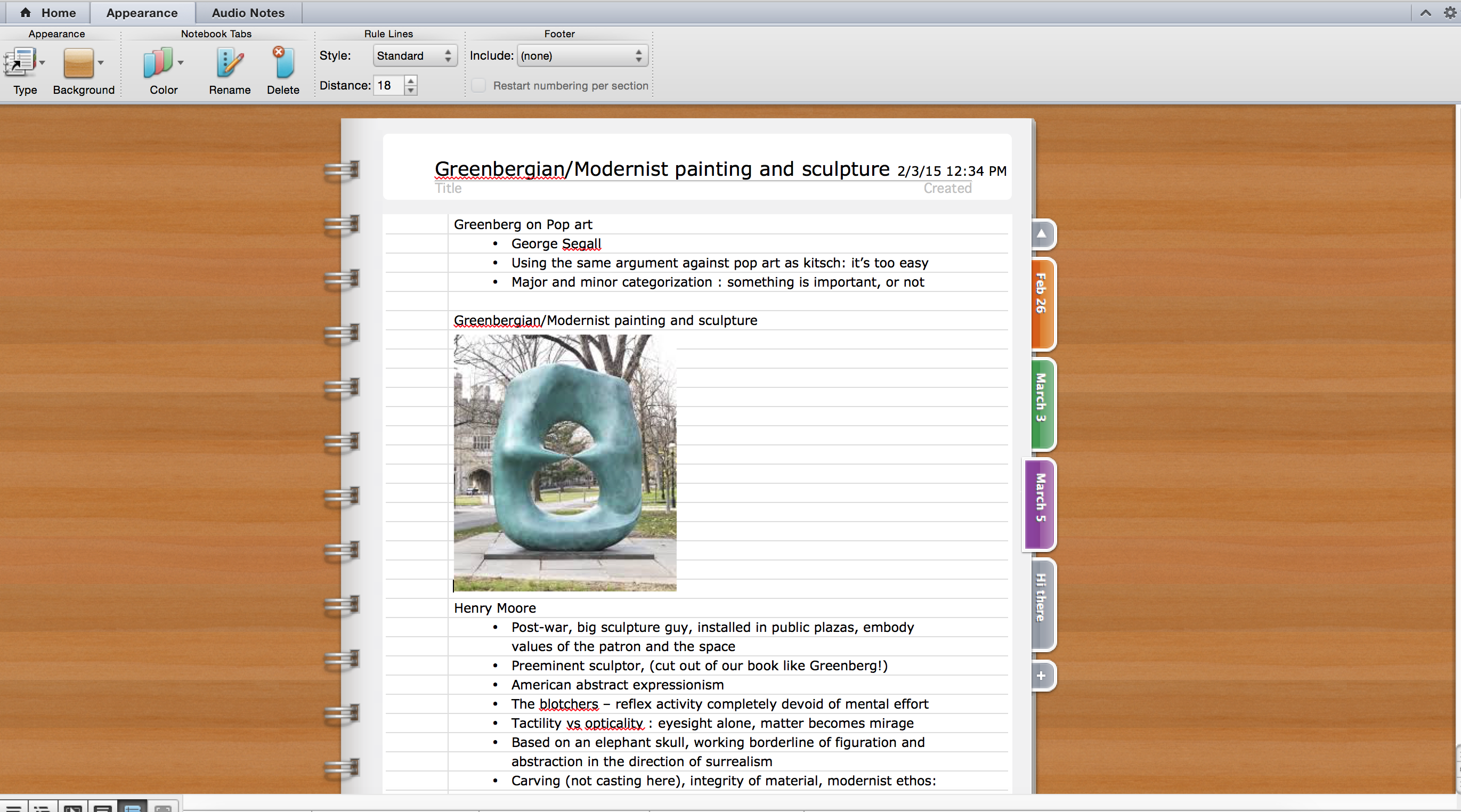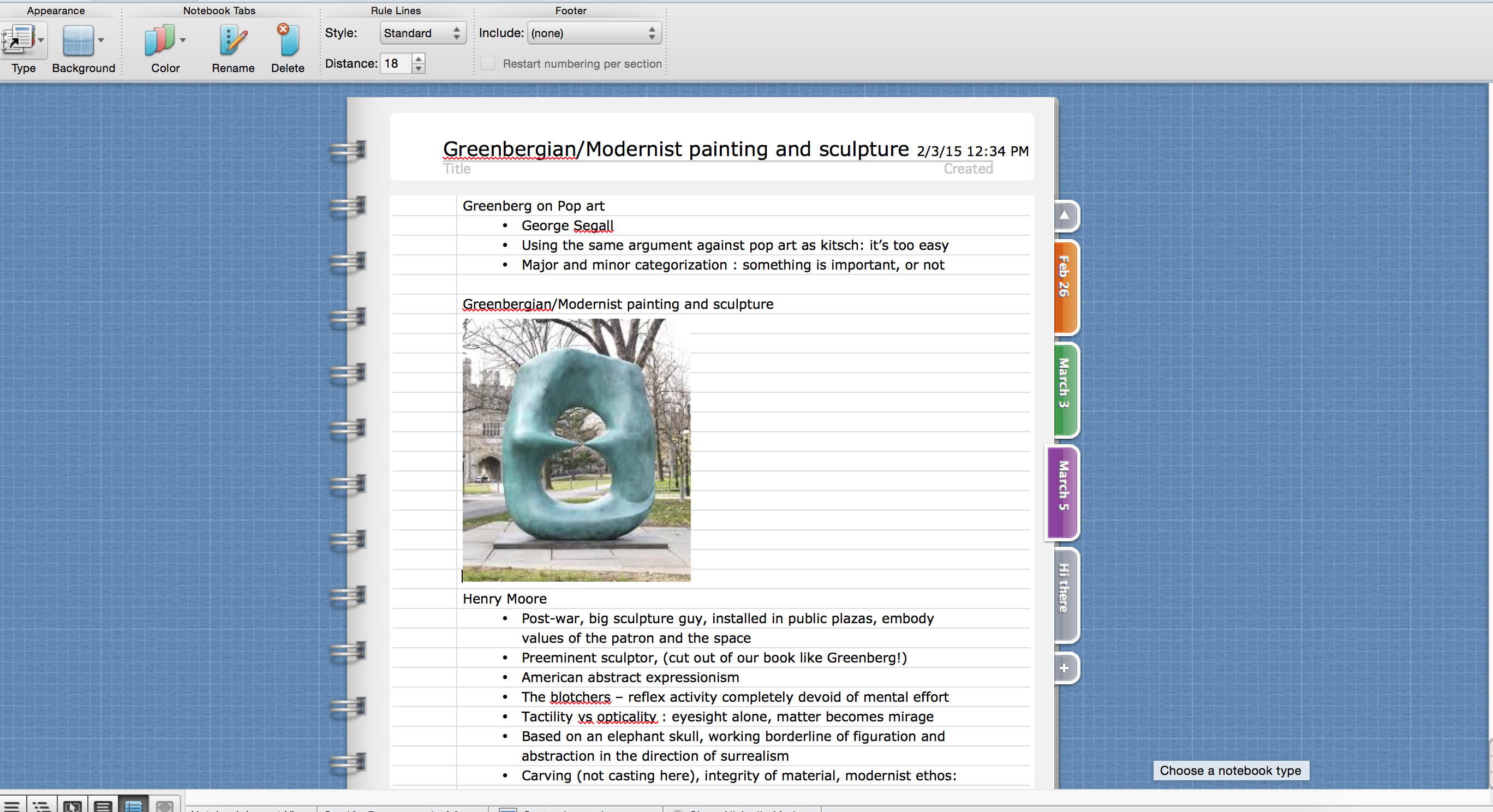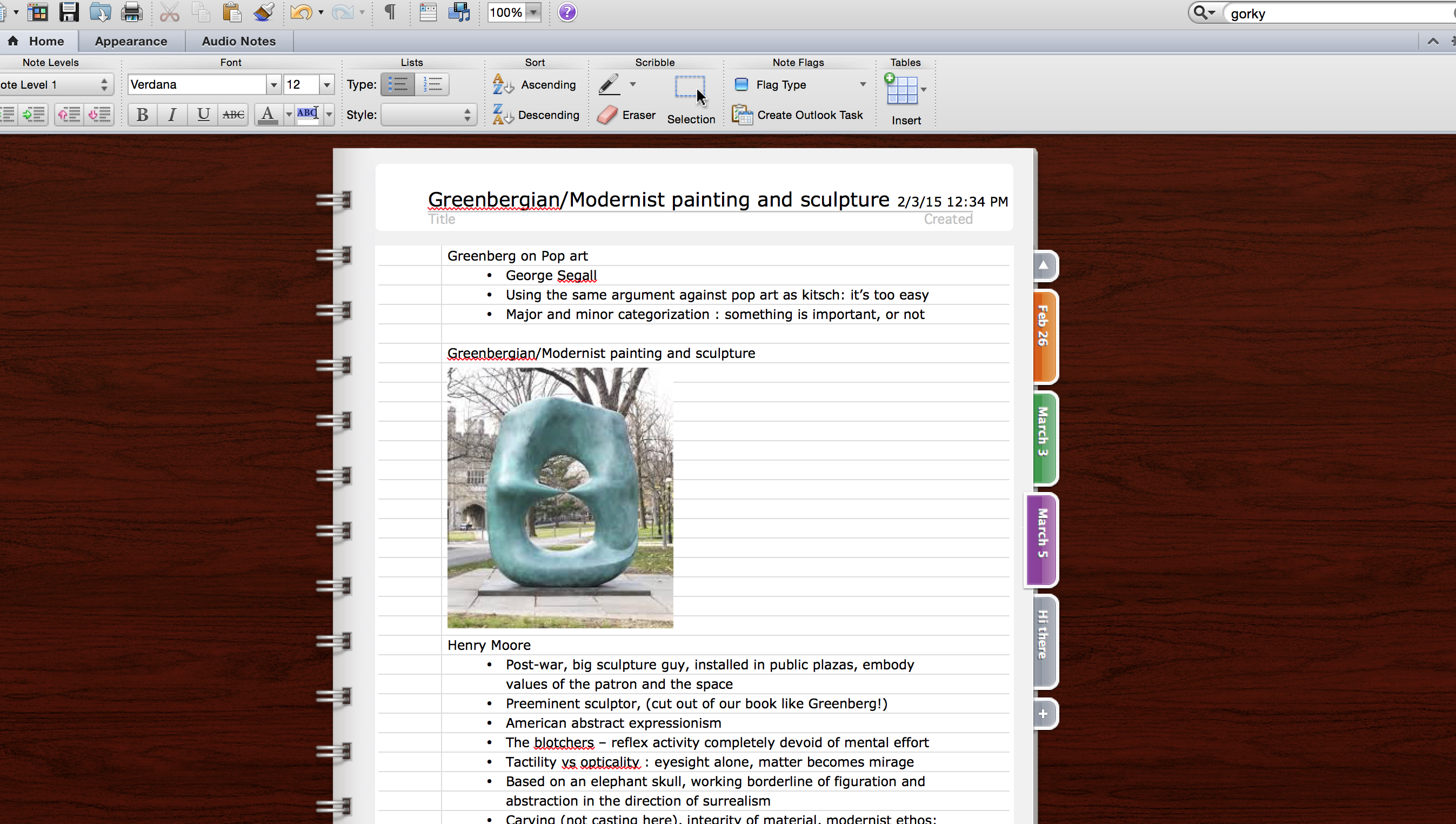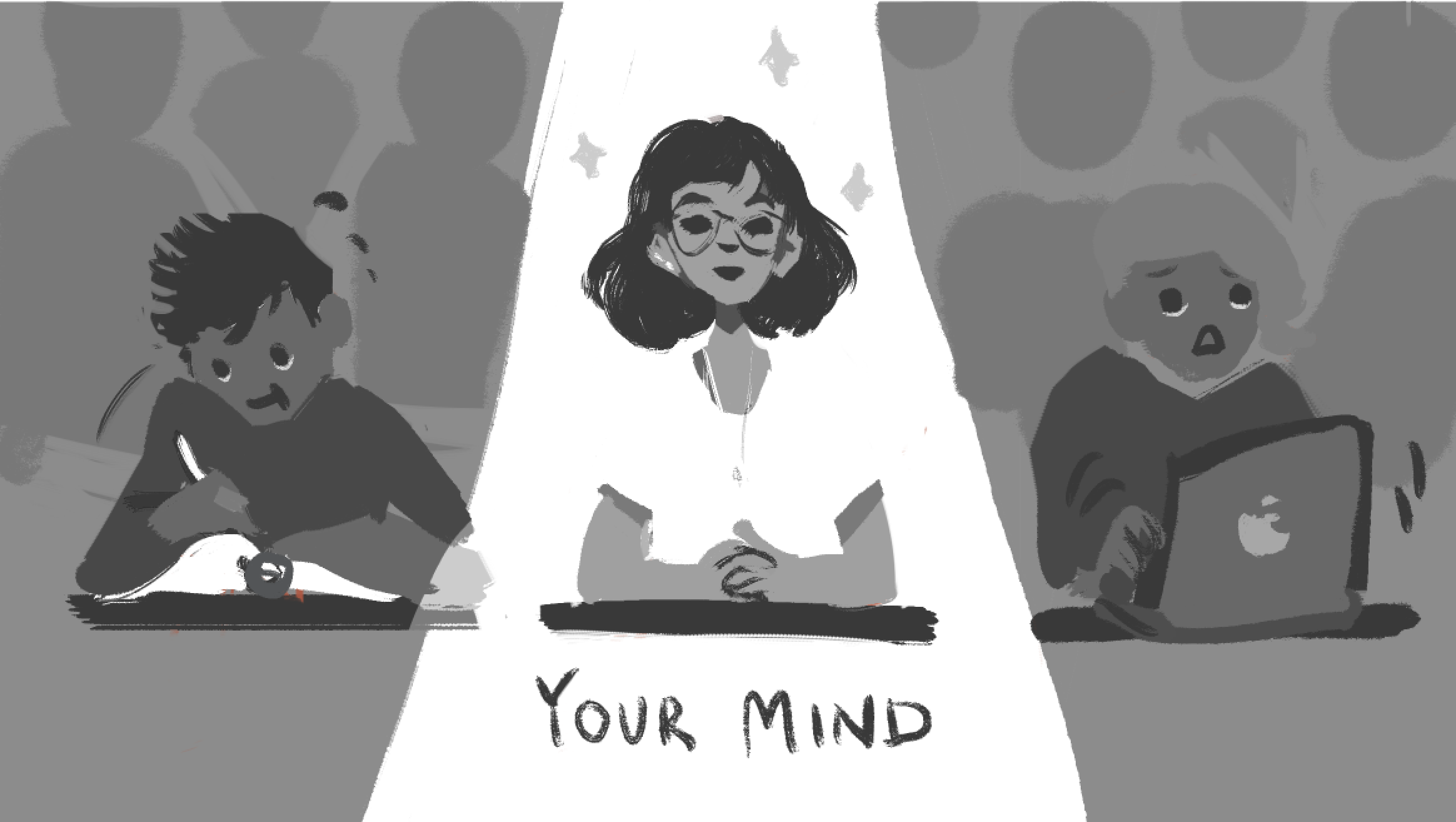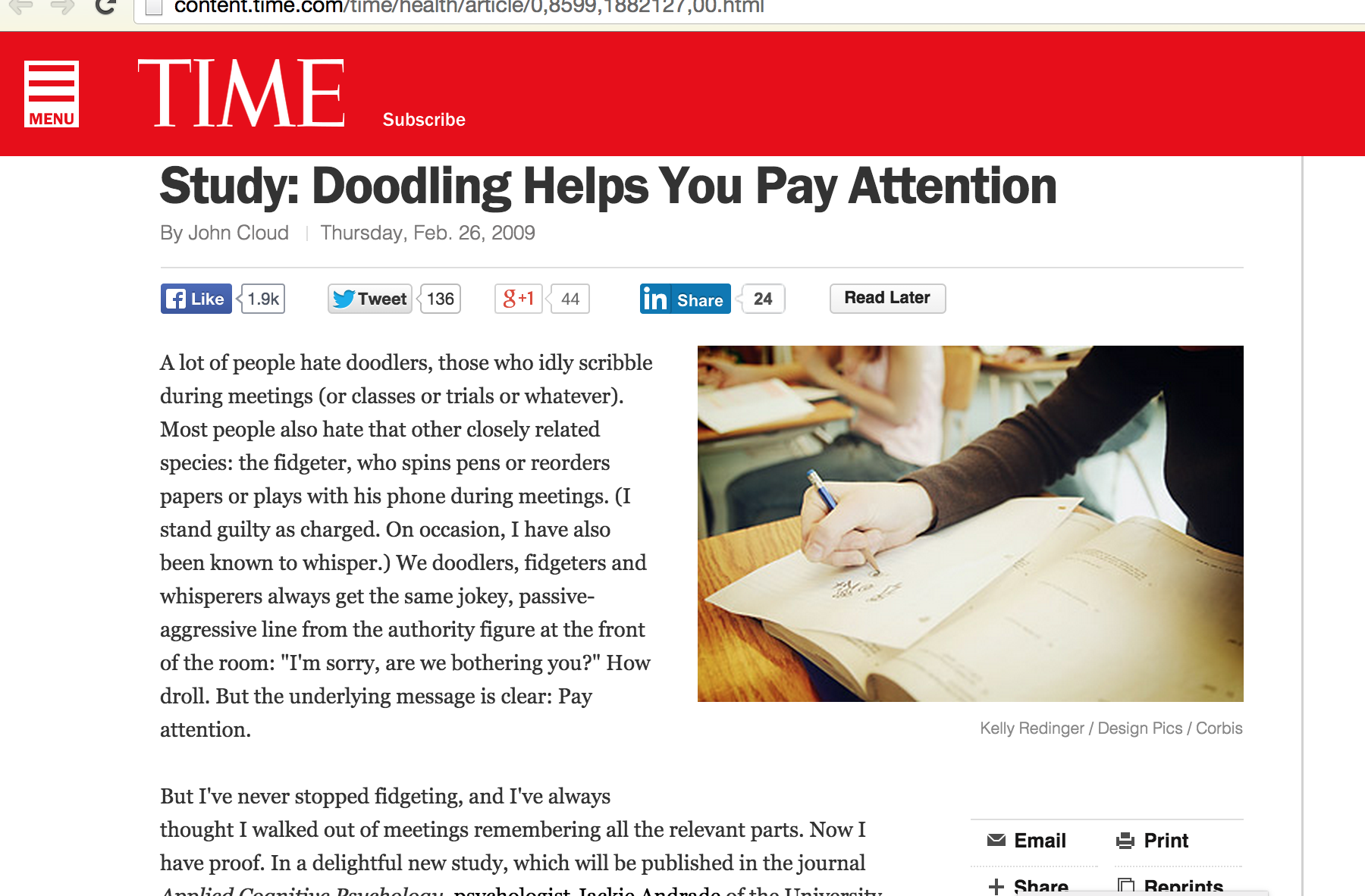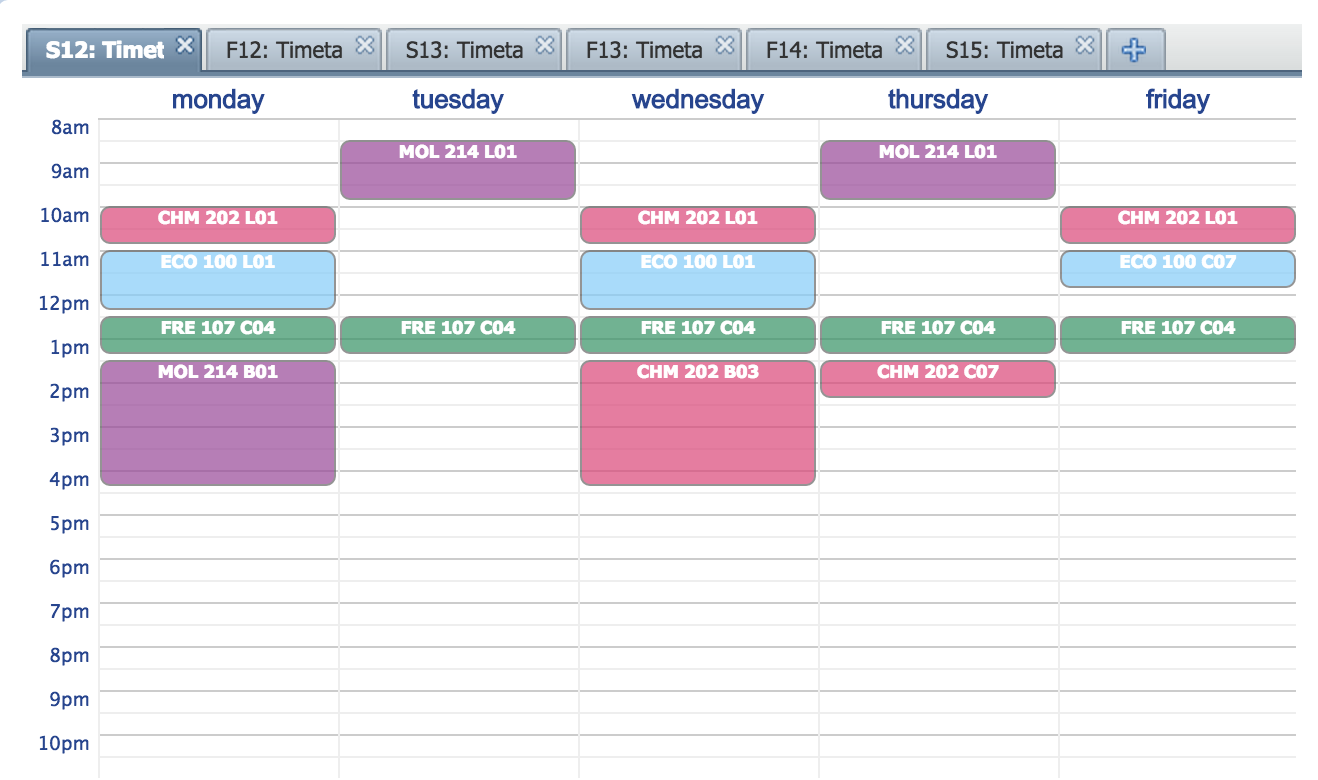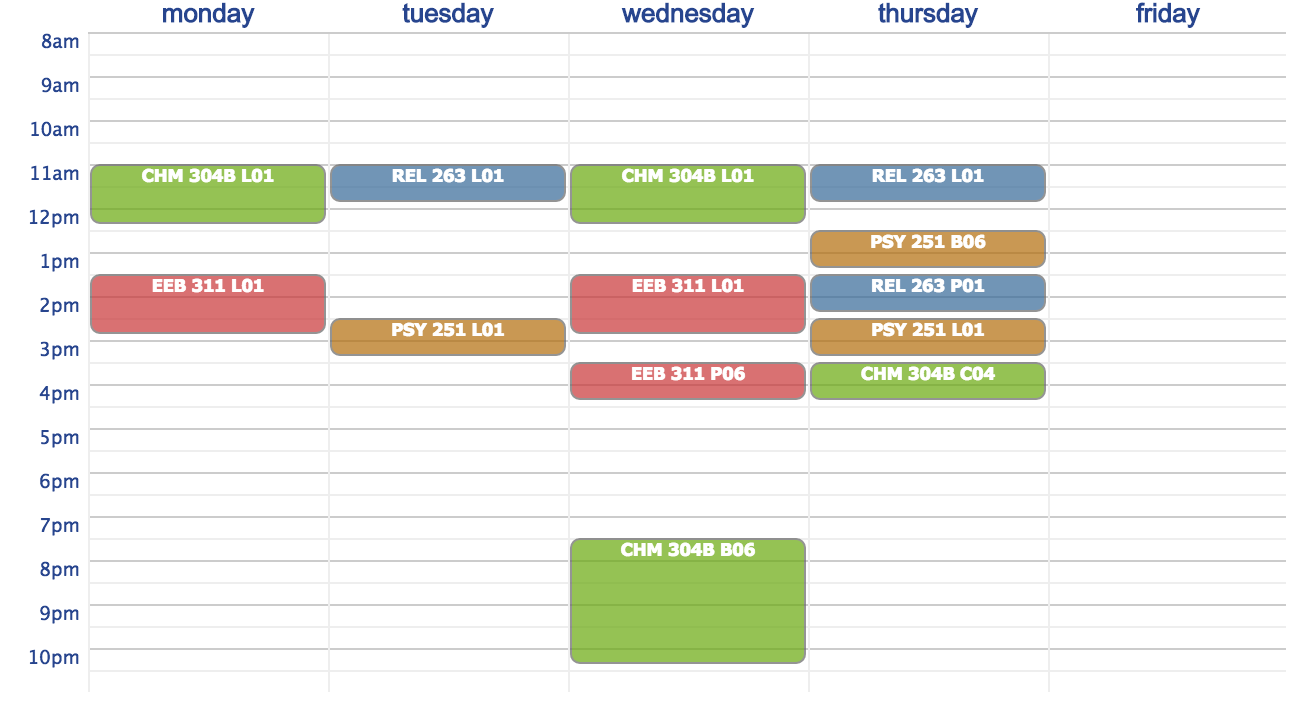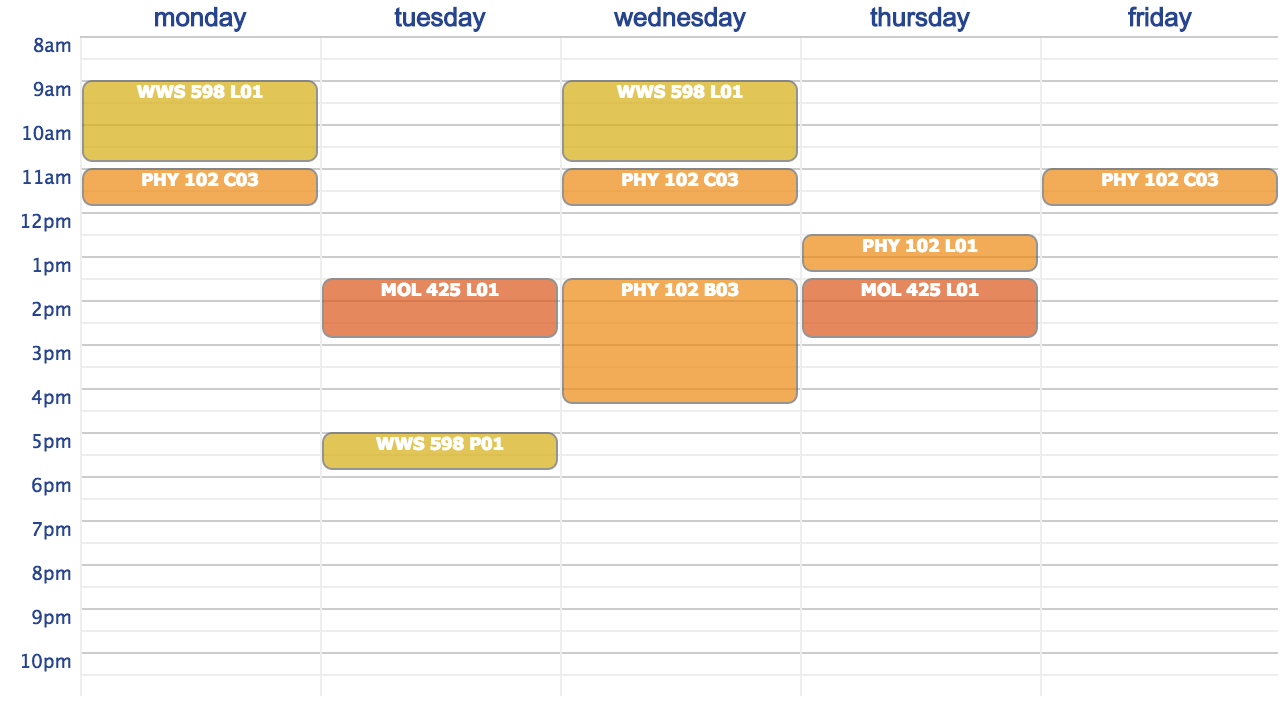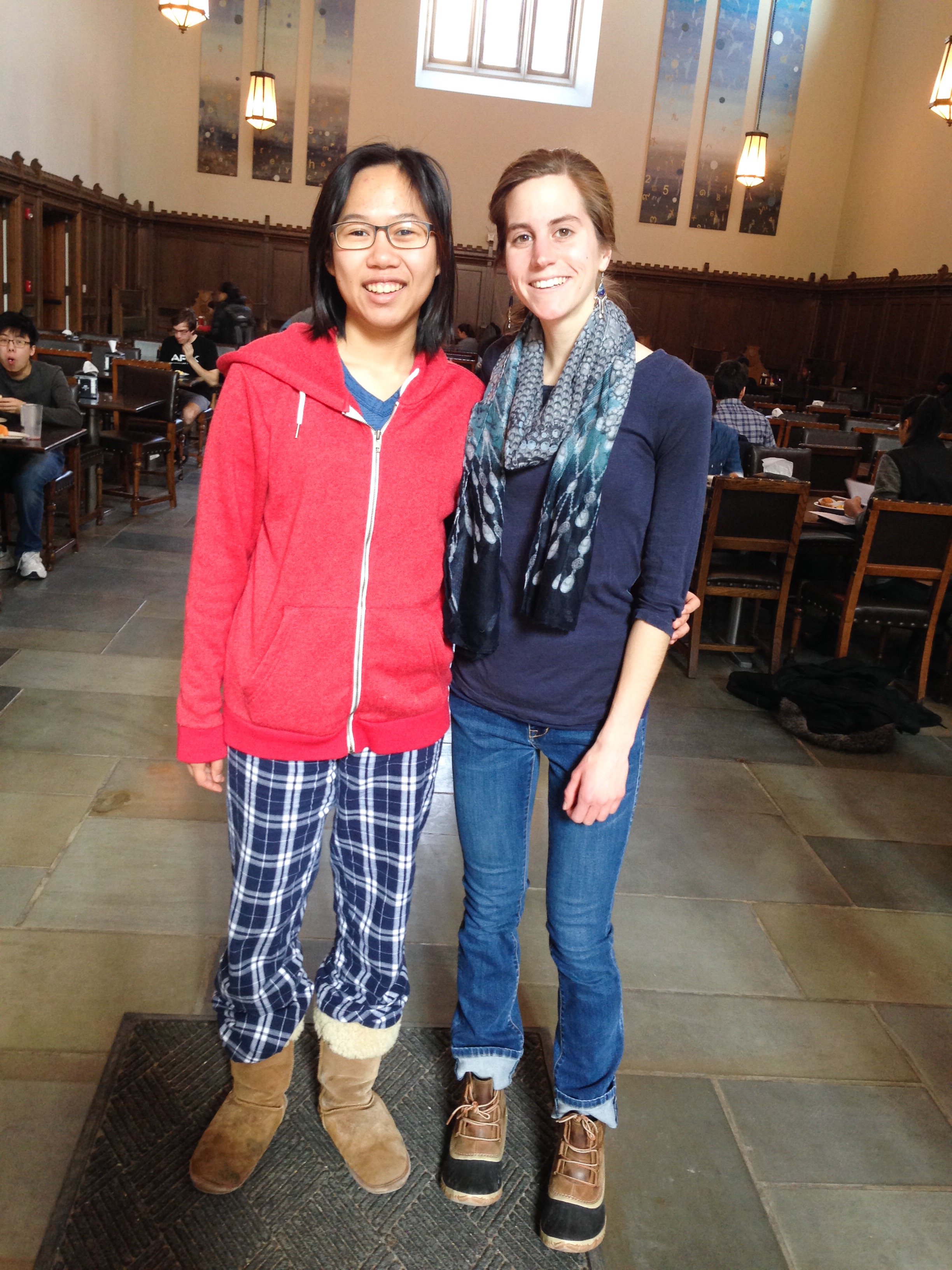After what has doubtless felt like a long spring, March 31 has finally come and gone. For many of you, this means that you now know where you’ll be headed for college. A lucky number of you will be headed to Princeton—but even for those going elsewhere, you are on the cusp of embarking on some of the most exciting years of your life. Here are some of my thoughts as you begin to navigate the whirlwind few months you have left before summer.
First, spend some time carefully thinking about your college choice. Talk to your friends, family and teachers about your options; having multiple perspectives is always better than merely having one. Visit campuses if you can, talk to students if you know any and really try to look beyond a school’s website; often, the most useful information comes from the unlikeliest places. At the same time, though, avoid having this decision overwhelm your life. The hard part of the college admissions process is already behind you, and in my experience at least, people invariably end up happiest where they ultimately choose to go to school.
On the issue of the dreaded senioritis, resist the tendency to bow out of academics. You’ve made it through most of high school and, for a number of reasons, it’s worth finishing as strong as you started. First, the teachers who’ve worked so hard to mentor you over the past four years want to see you succeed—in fact, in some international systems (like the International Baccalaureate), the congruency of your achieved and predicted scores might even affect the credibility of their future recommendations. You’ve doubtless worked hard to earn the respect of your school and academic mentors; use these last few months to leave them with a lasting and positive impression.
There’s also a pragmatic side to this, and I think you’ll find that finishing high school ambitiously will prove useful in your first few months at college. Starting university can be stressful, and you don’t want to be spending hours holed up in your room teaching yourself material that you neglected to learn at the end of senior year.
Moving on though, as the year draws nearer to a close, be sure to step back and take stock of your surroundings. It can be easy to take your high school friends and hometown experiences for granted, but you shouldn’t. In all likelihood, your life is going to change radically once you start college, and you may very well find that you sometimes miss the relative simplicity of senior year. You’ll certainly miss the people. This isn’t to say that you’ll entirely lose touch with home once you head off for college, but it’s worth being intentional about how you spend the final months of what has doubtless been a formative four years.
Part of this has to do with gratitude. Make sure to say thank you to everyone who helped you get through high school. In spite of your best intentions, it will be difficult to stay in touch with teachers and mentors once you move away from home. Take them out for coffee, drop them a note or simply take time to tell them how much you’ve appreciated their guidance. You’d be surprised how rare of an occurrence this really is. If you had interviewers for your college applications, shoot them a message of thanks as well. To this day, I continue to correspond with my Princeton interviewer, and I've found it uniformly refreshing to have someone to call upon for advice with a bit more perspective.
Beyond the school year, though, this summer will arrive faster than you know it, and you should start thinking about what you’ll do right now. For many of you, the summers of high school were largely occupied with camps, programs and part-time jobs. Unsurprisingly, the periods between the years of college are likely to get similarly filled with employment or academics of one type or another. In some sense, this is really the most boundless summer that you’ll have for some time, so you should make full use of it. Whether it’s taking a meandering road trip across the country, conquering the entirety of Proust’s "In Search of Lost Time," or simply spending more time with your family before moving away, have a clear plan in mind. As tempting as it is to spend months aimlessly hanging around the local shopping mall with friends or playing video games in your basement, these aren’t good uses of a summer that otherwise has so much potential.
In a similar vein, it’s probably a pretty good time to set goals for the next four years, too. Once you finally arrive on campus, you’ll probably find yourself spending a lot of time adjusting to the new context. At Princeton, orientation week can feel like trying to drink out of a fire hose—so much to do, with so little time to do it. While you still have the mental space to think carefully about what you expect to get out of college, consider making a list of concrete things you hope to accomplish. While these will inevitably change once you start to experience the university landscape for yourself, having an idea of how you want to shape your experience will invariably prove helpful as you’re deciding how to get involved freshman fall.








